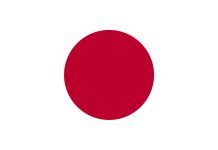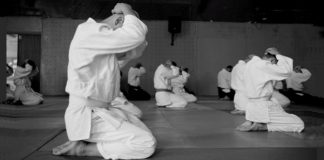| Pachigi: | A Korean martial art in which the head is used to butt an opponent. | |
| Pai shih: | A ceremony for a kung fu novice denoting his acceptance as a disciple. | |
| Pa kua: | “Eight trigrams.” One of three internal methods of kung fu. It is composed of various circling and linear postures named after and based on the movements of the snake, stork, dragon, hawk, lion, monkey and bear. | |
| Palmok: | Forearm or wrist. | |
| Pandekar | A martial arts teacher in Indonesia. | |
| Pankration: | “Game of all powers.” An early Greek sport developed as a combination of earlier native forms of boxing and wrestling. | |
| Parroh: | “Return.” A Korean command used in formal class to return to a ready stance. | |
| Peichin: | An Okinawan feudal title bestowed upon a Samurai by a lord for distinguished services rendered. | |
| Penchak: | “Evasion” or “warding off.” An unarmed Indonesian martial art similar to a two-person dance. | |
| Pentjak: | One of numerous terms used to indicate Indonesian unarmed combat. | |
| Prajna: | An Indian term related to chi or life energy. | |
| Pyugi: | Stretching. |







